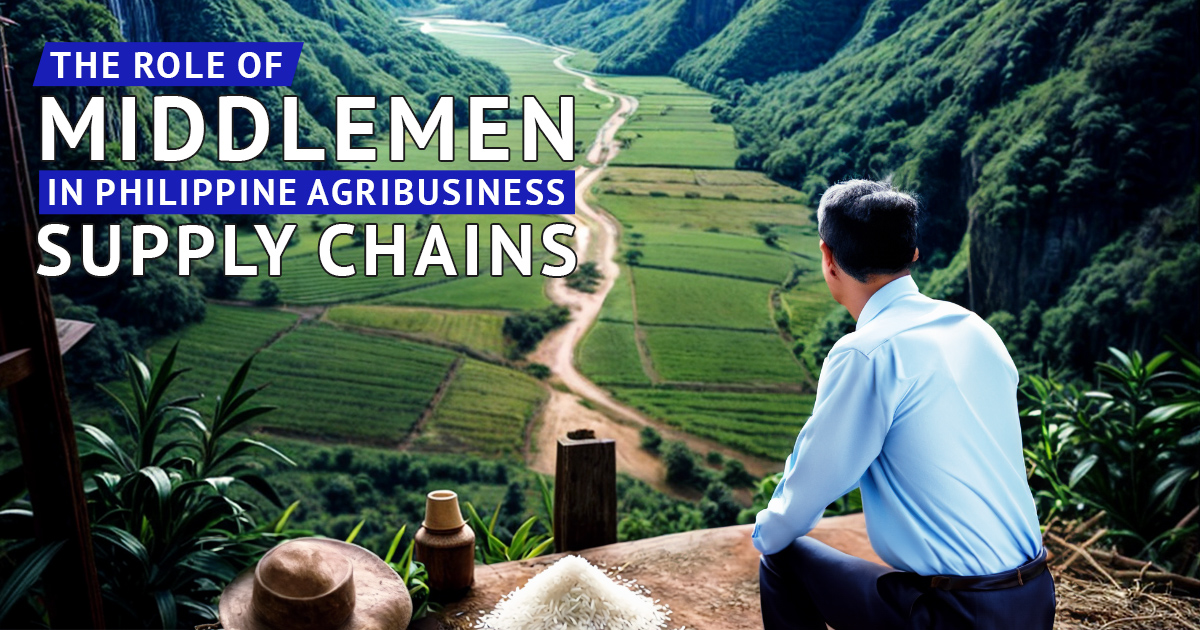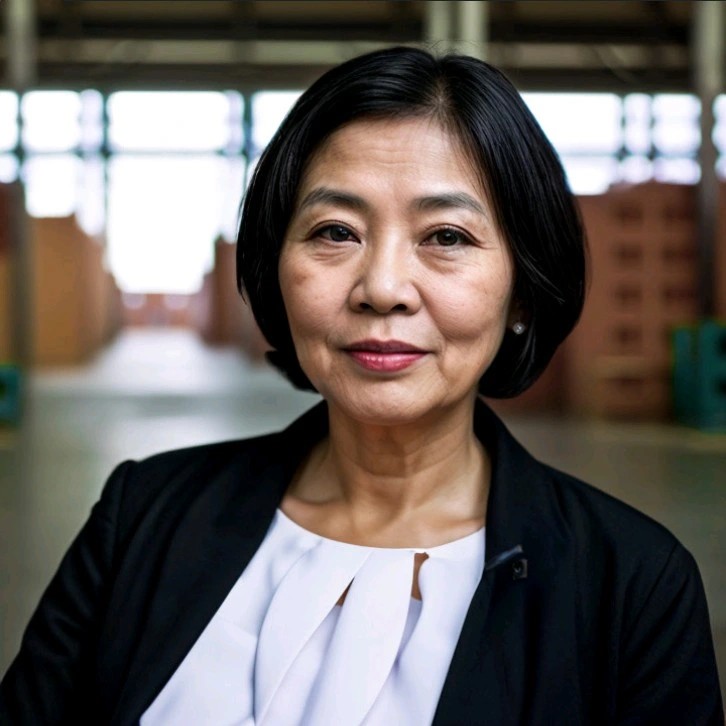
Middlemen are those behind connecting Philippine producers with the consumer market. These intermediaries manage crucial operations like transport, storage, and distribution of agricultural products. They ensure a smooth flow of goods from rural areas to urban centers. While their role is essential, it can sometimes be questioned. Traditionally, these middlemen have faced accusations of unfair practices, buying produce at lower prices and selling it significantly higher, potentially disadvantageous to the agricultural sector.
However, a new approach is emerging. Impact-driven middlemen are prioritizing ethical practices and producer well-being. They focus on ensuring fair compensation and provide educational resources to create a more equitable and long-lasting supply chain.
Who are Middlemen in the Agribusiness Supply Chain?
Middlemen in the Philippine agribusiness supply chain sector serve as essential conduits between the producers (farmers) and the end consumers.
According to Hayami, et. al., in their paper about “Middlemen and peasants in rice marketing in the Philippines”, middlemen, particularly large paddy traders and rice mills, can earn substantial total incomes and profits if they are able to collect large amounts of paddy and achieve sufficiently high utilization rates of their fixed capital and entrepreneurship. This is true even though the shares of marketing margin and profit in consumers’ peso appear rather modest. As a result, they fiercely fight with one another to transport, process, and sell as much rice as they can while maintaining small profit margins.
Functions of Middlemen
Middlemen perform various key functions that facilitate the movement of goods from farms to markets. They organize the logistics of transportation, ensuring that produce reaches marketplaces while still fresh. They also handle storage and packaging, which are crucial in maintaining the quality of perishable goods during transit.
Economic Impact
In the business of agriculture, intermediaries play a complex role. While they offer a channel for farmers to reach broader markets and potentially secure stronger profits, concerns exist about their influence on producer income. Critics argue that these intermediaries may exploit their market position to acquire goods at lower prices and then resell them at a significant markup, raising questions about the fair distribution of value within the system.
Shift Towards Social Enterprise Middlemen
A growing trend is emerging with alternative facilitators in the agricultural sector. These facilitators prioritize ethical sourcing and aim to create a more balanced system for producers. Unlike conventional intermediaries, these new players focus on producer well-being, ensuring fair compensation and providing access to valuable resources. They invest in producer knowledge sharing and promote sustainable practices, contributing to a more robust agricultural industry.
Is the Exploitation by Traditional Middlemen a Real Deal?
The Philippines’ agribusiness sector features a long-established network of intermediaries who play a complex role. While some argue these facilitators are essential for market function, others point out challenges in the system. Notably, limited access to markets, pricing transparency, and bargaining power can put certain participants at a disadvantage.
Practices Leading to Farmer Exploitation
Certain middlemen in the supply chain acquire agricultural products at prices that reflect various considerations, including bulk purchase discounts, transportation costs, and storage needs. These products are then offered for sale at prices that take into account distribution costs and market demand. This system can impact producers who have limited resources and bargaining power, especially when production costs are high. In some instances, there may be discrepancies in information or assessment methods used, which can affect the producer’s share.
Impact on Farmers’ Livelihood
The current market structure significantly disadvantages agricultural producers. It traps them in a loop of limited resources, hindering their ability to improve yields or explore new income streams. This financial burden makes it difficult for them to break free from their dependence on certain intermediaries, who often act as the sole bridge to potential buyers.
Lack of Transparency and Fairness
One challenge with conventional intermediaries is the opacity surrounding their operations. Agricultural producers frequently lack insight into where their crops are ultimately sold or the final selling price. This can put them at a significant disadvantage in negotiations. Additionally, some intermediaries engage in practices that can be detrimental to producers’ financial stability, such as delayed payments or questionable deductions from their earnings.
Emergence of Social Enterprise Middlemen: The Agribusiness Supply Chain Solution
The Philippines’ agribusiness sector is undergoing a shift. Newcomers are emerging who prioritize ethical practices and the wellbeing of producers. These organizations focus on fairness and long-term benefits for all parties involved, creating a more sustainable system. This shift is not just about transactions, it’s about uplifting communities relying on agriculture.
Social enterprise middlemen mainly focus on:
- Promoting Fair Trade and Transparency
- Investing in Farmer Education and Infrastructure
- Fostering Long-Term Sustainability
Impact and Solutions Offered
The emergence of a new intermediary model in Philippine agribusiness, focused on social impact, presents significant opportunities and novel approaches to longstanding challenges faced by producers. These opportunities and approaches encompass economic, social, and environmental considerations, working towards a more robust and equitable agribusiness supply chain network.
SEE ALSO:
